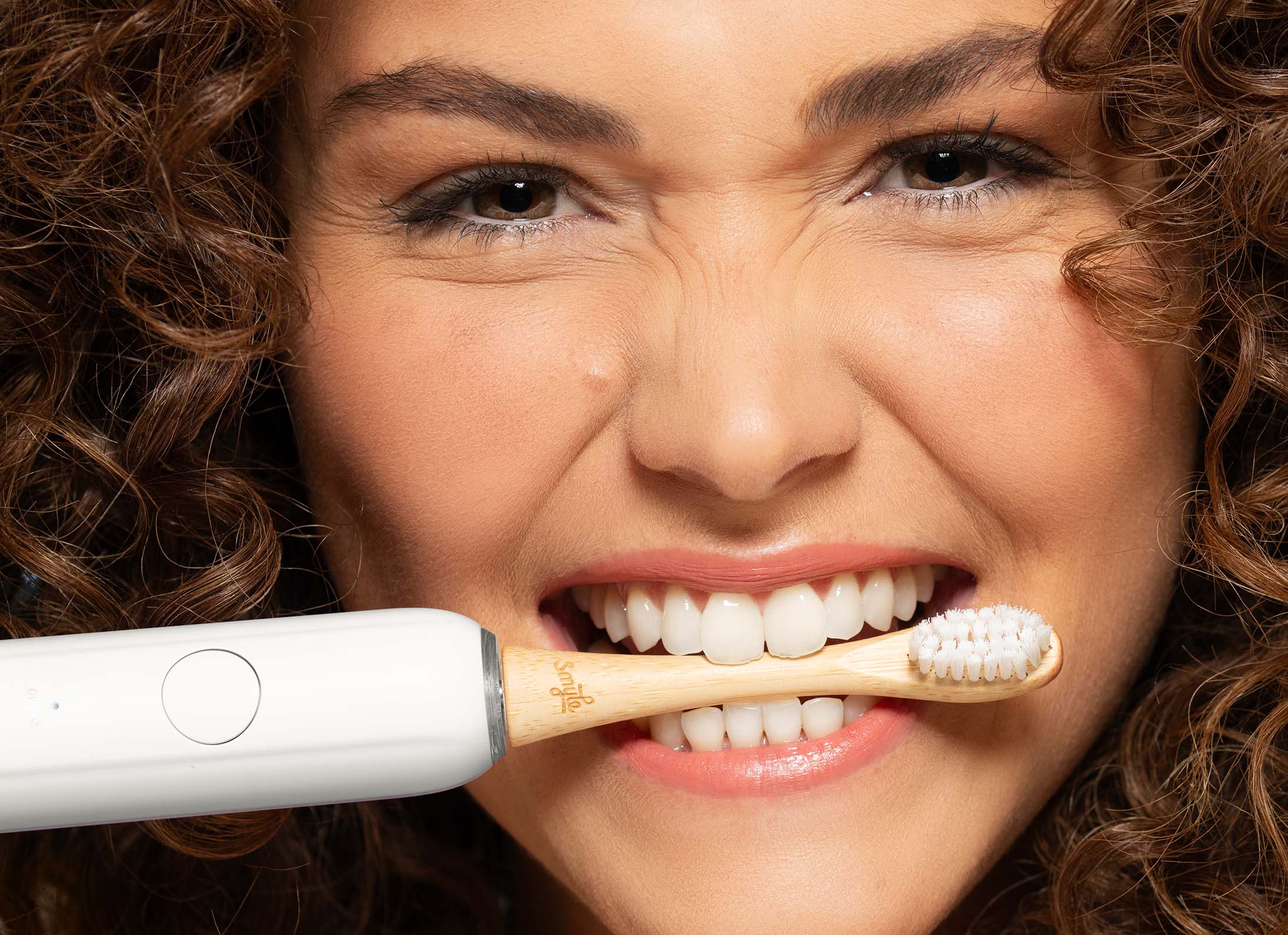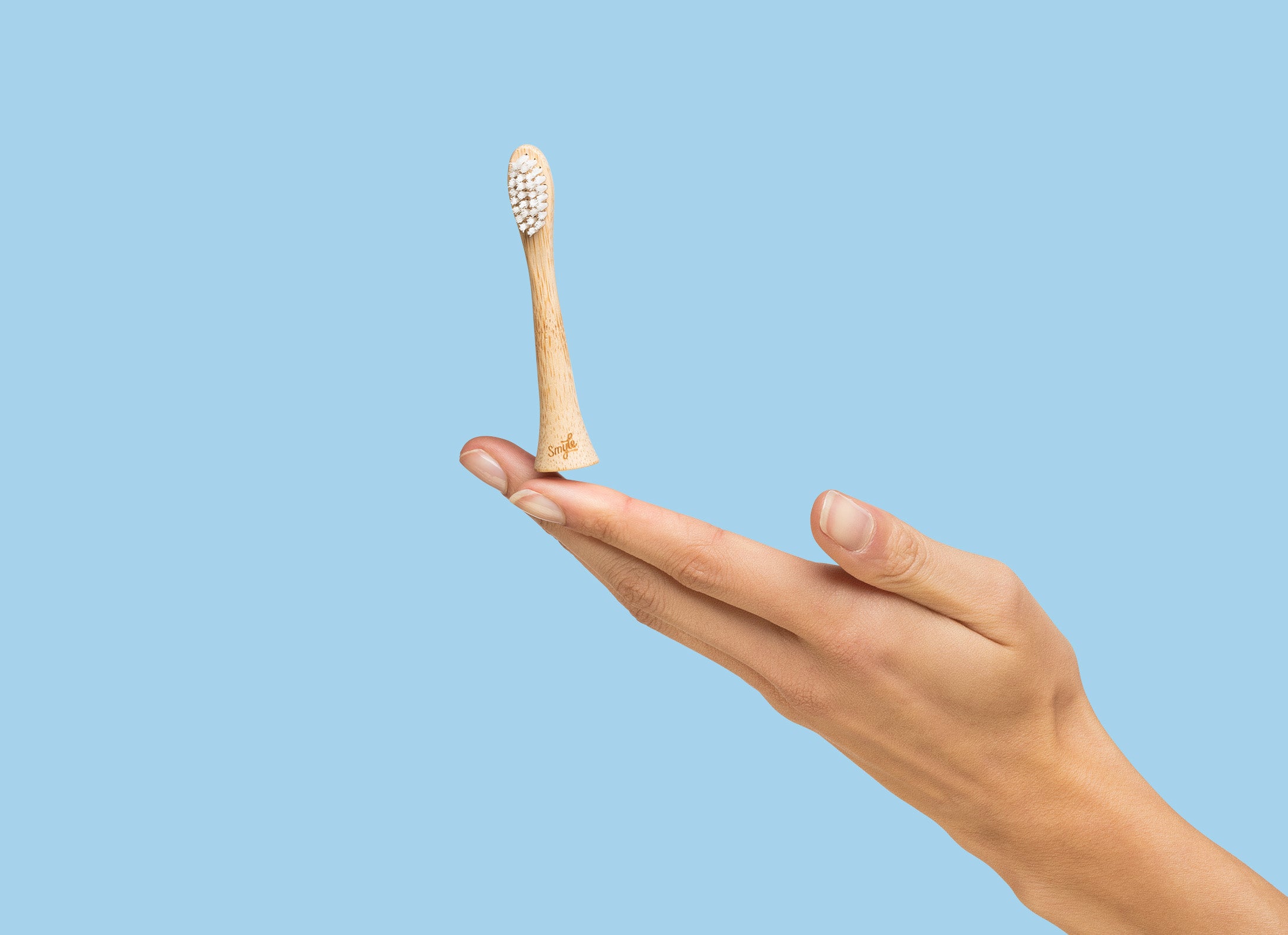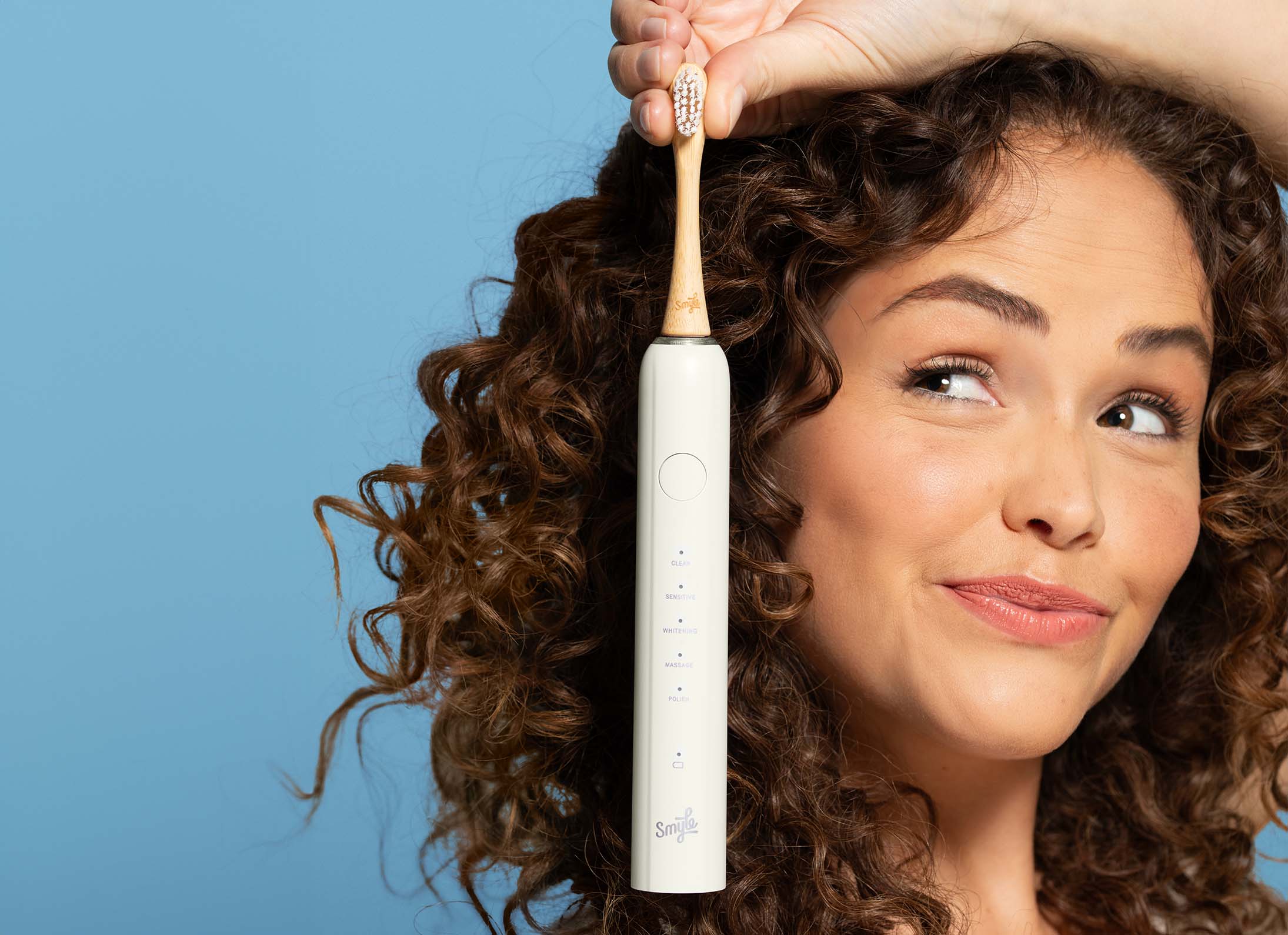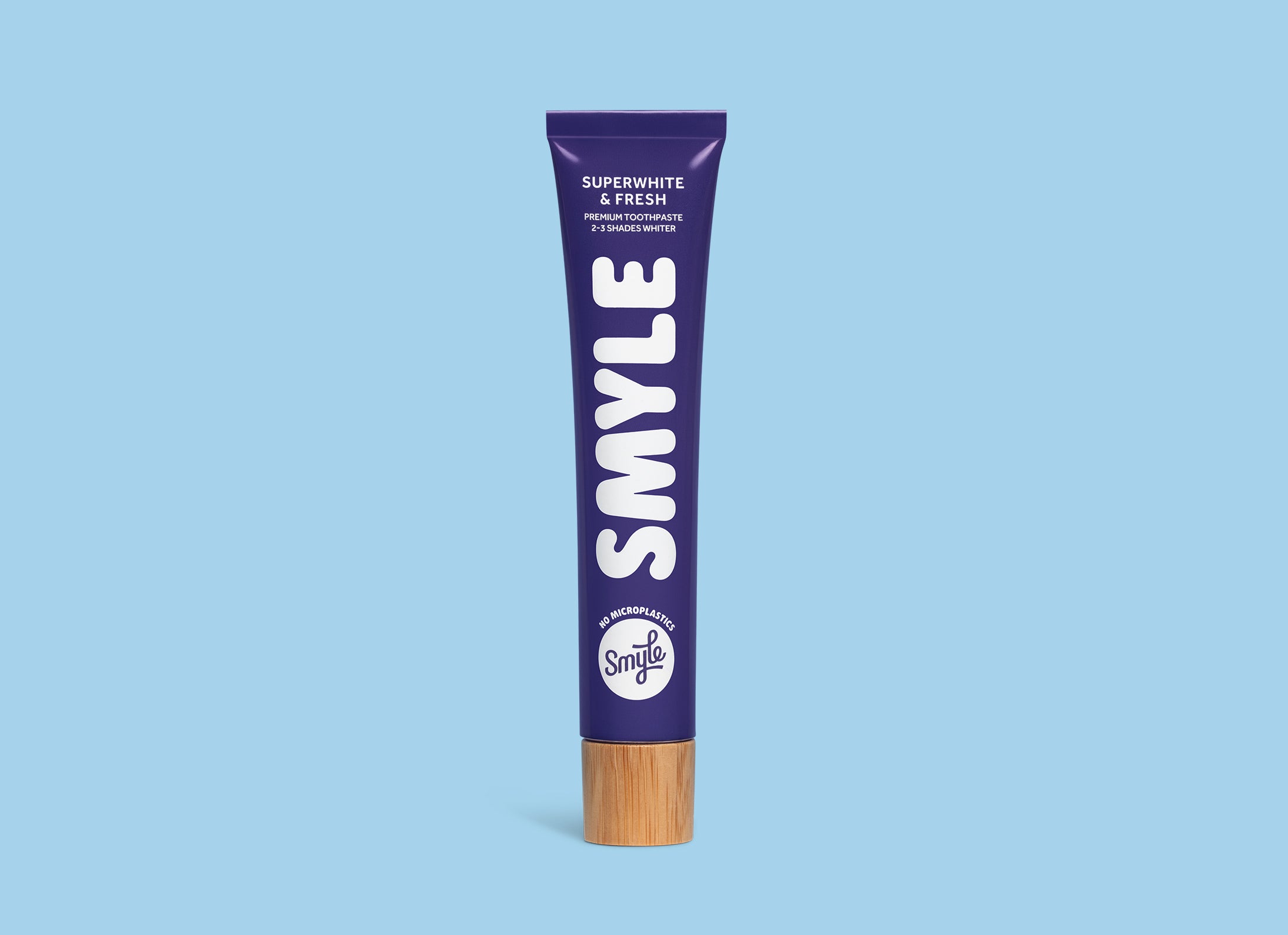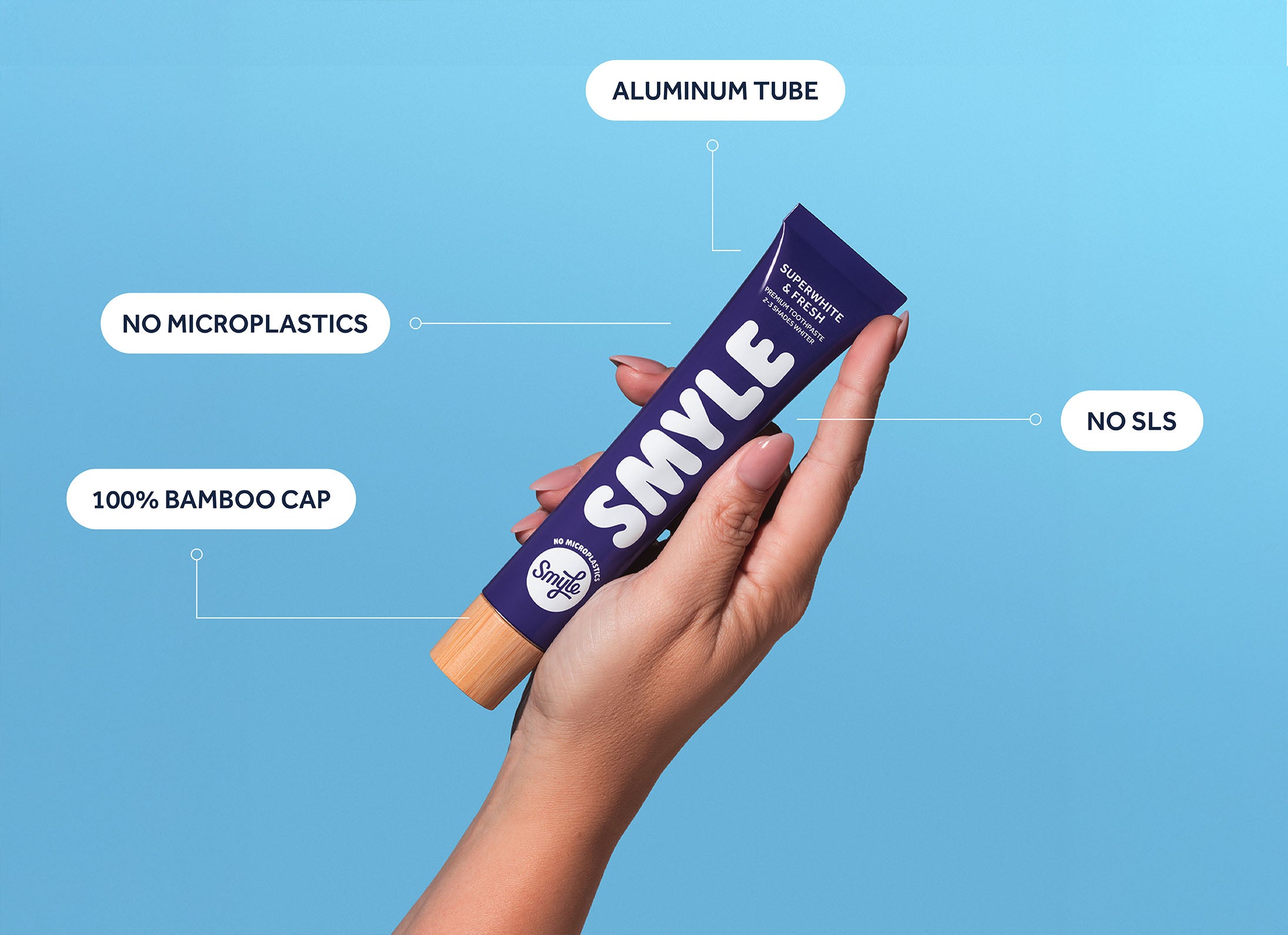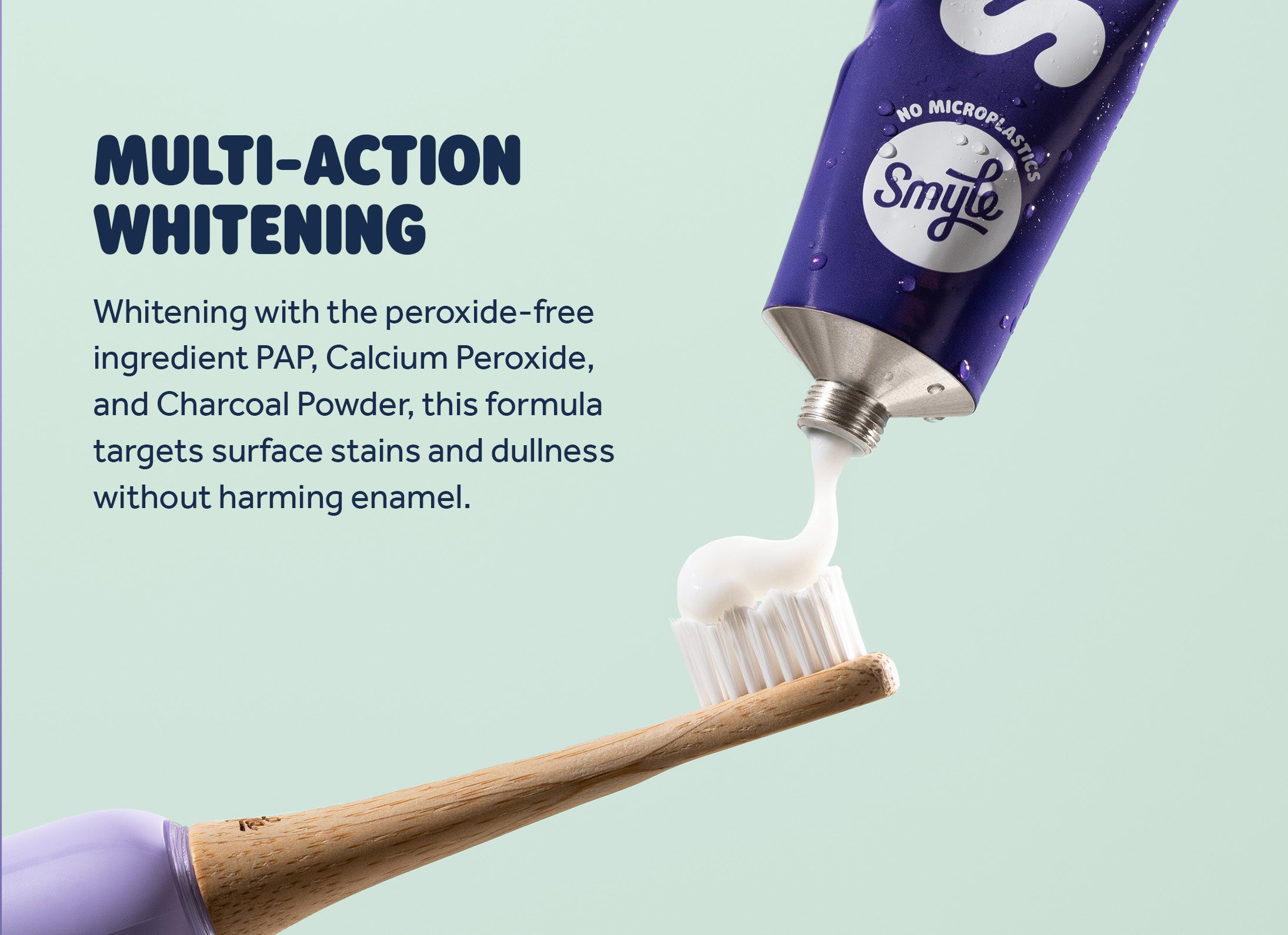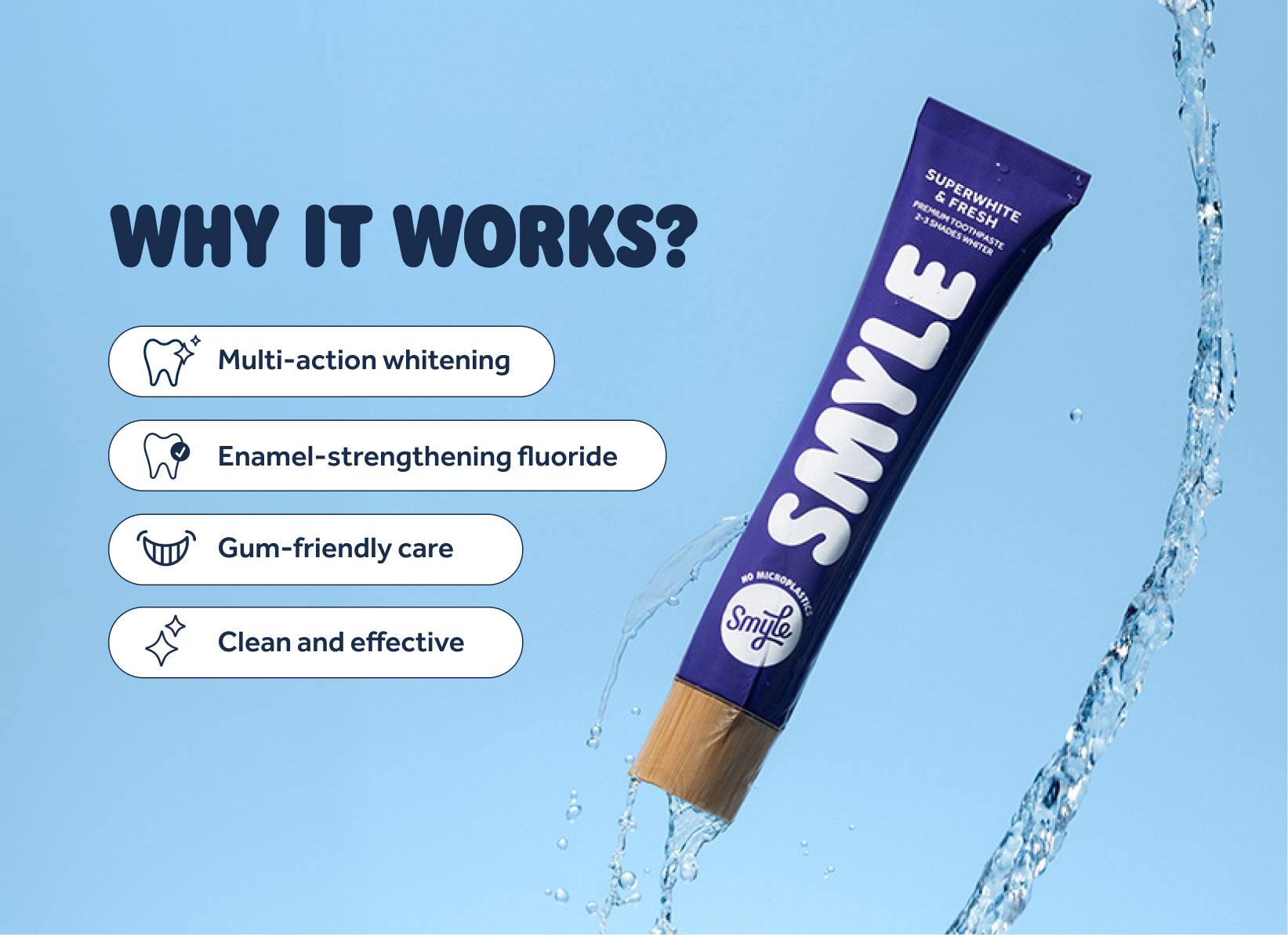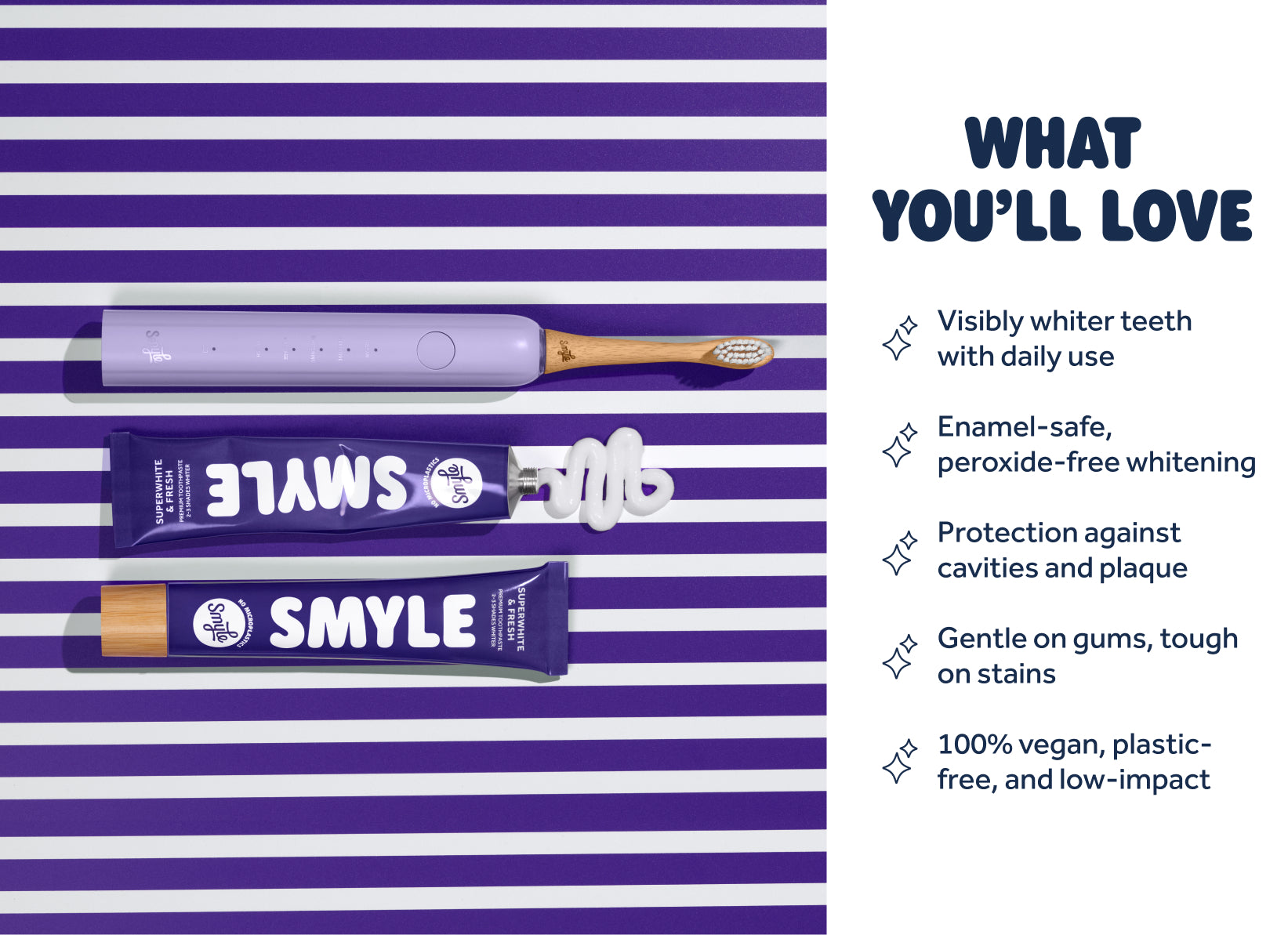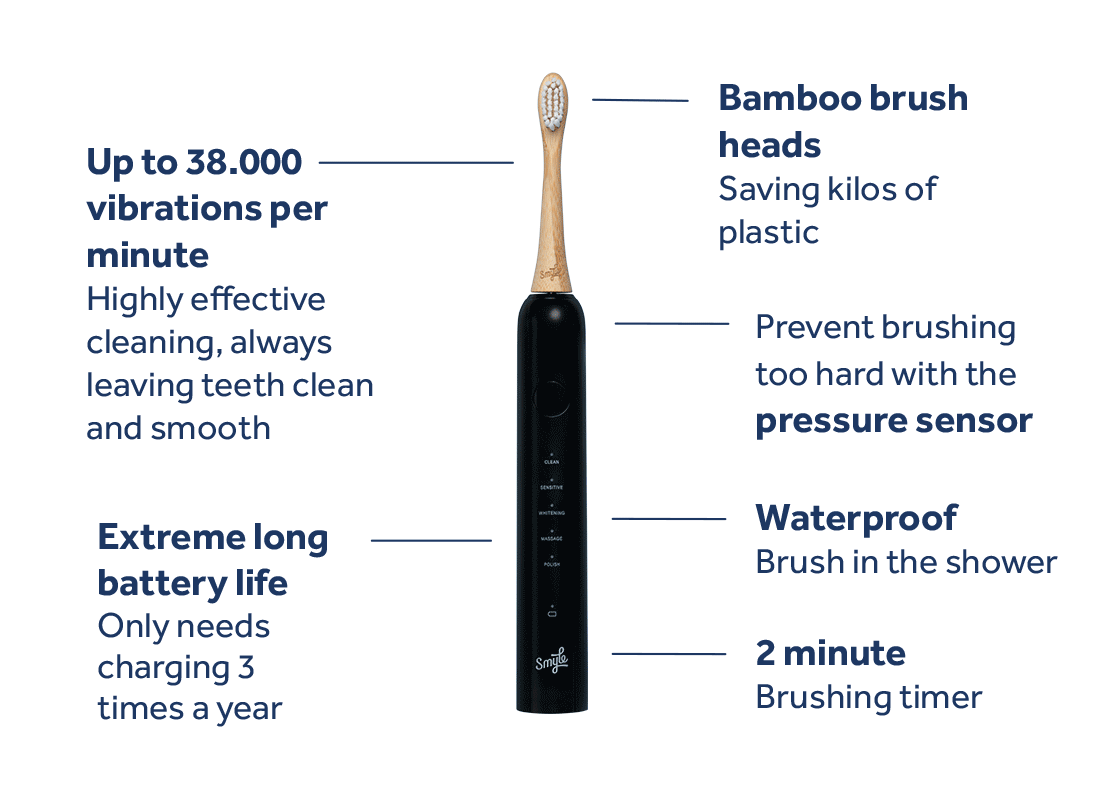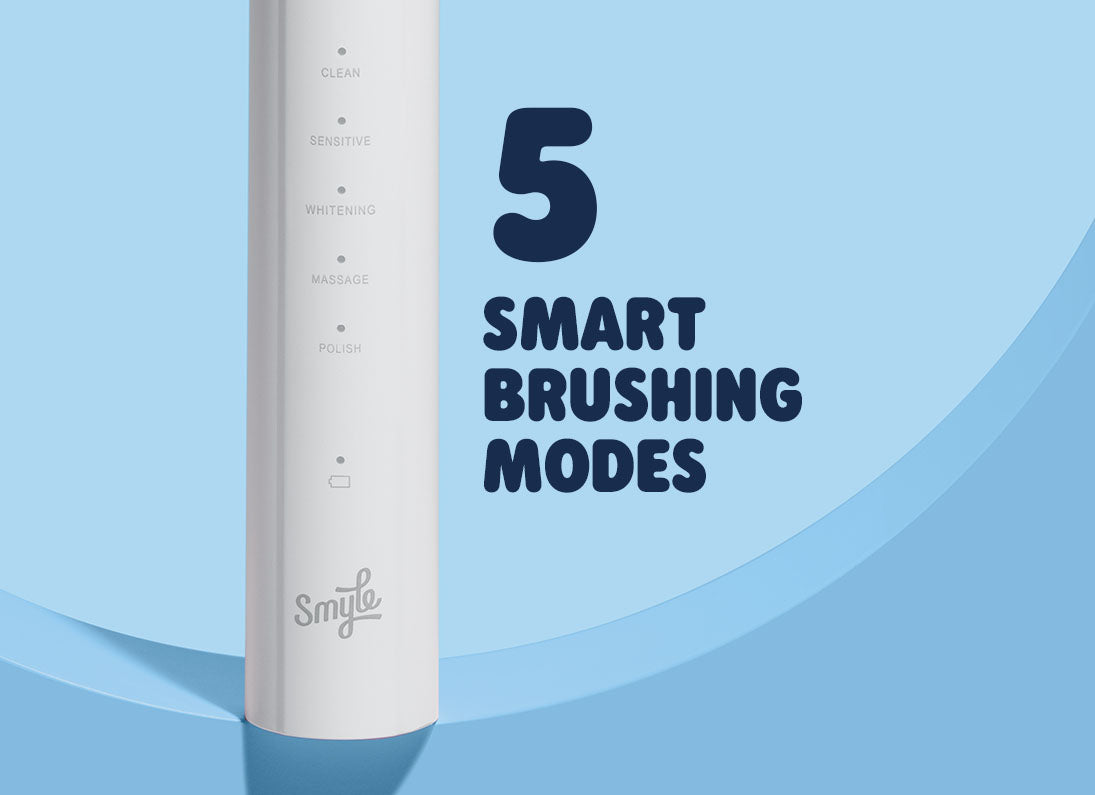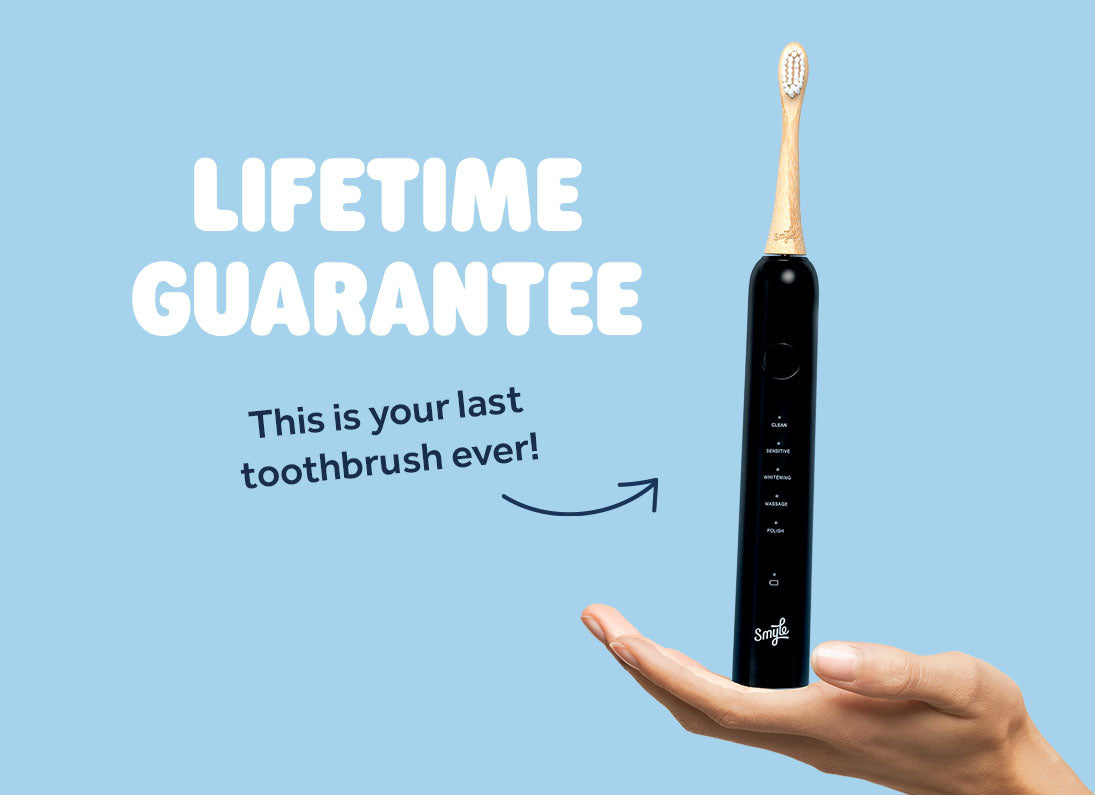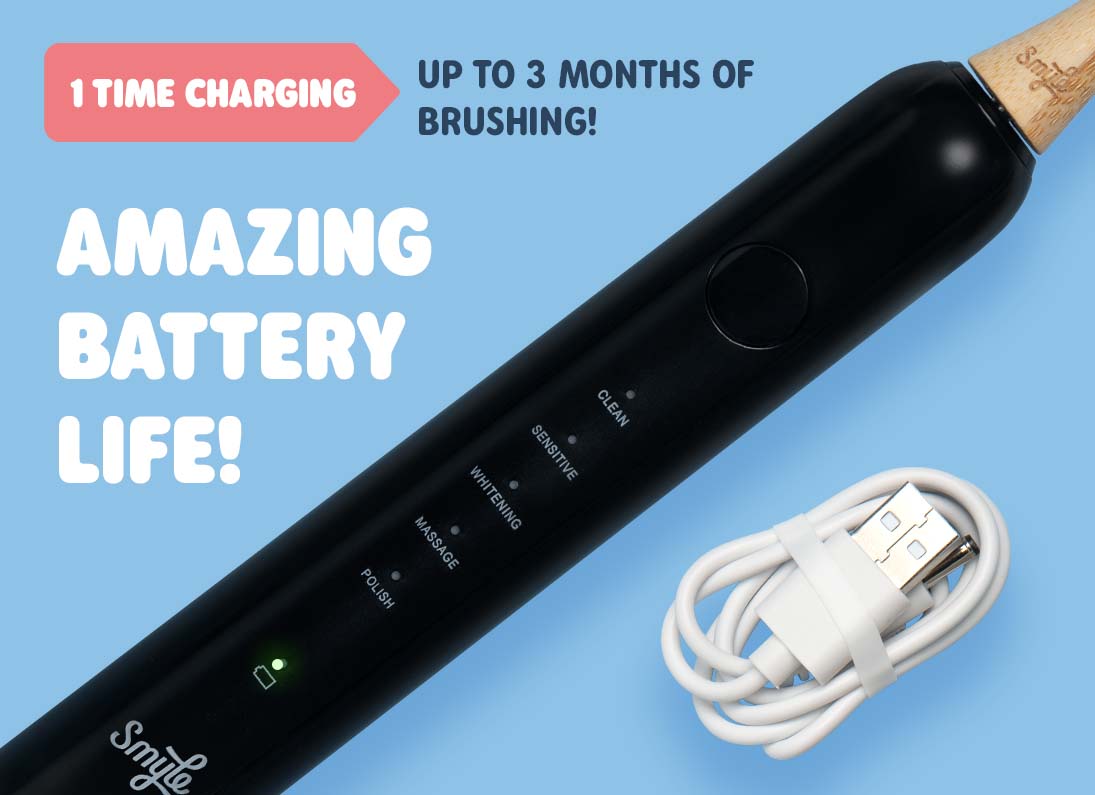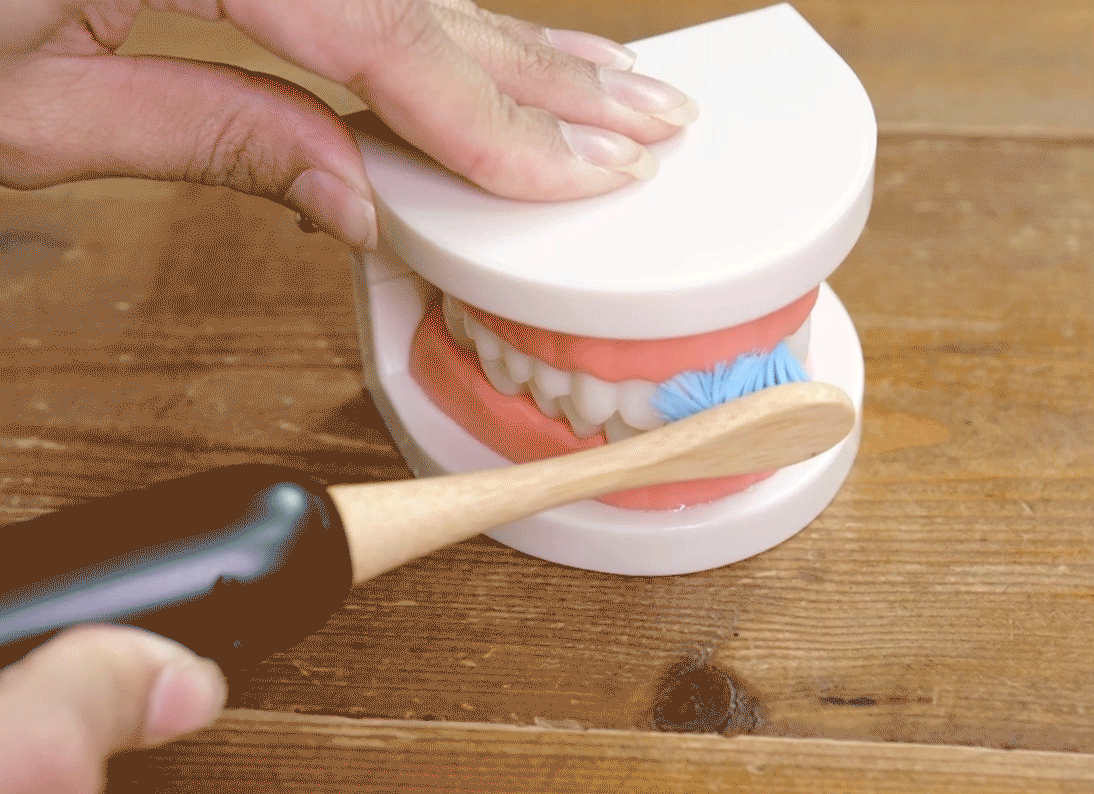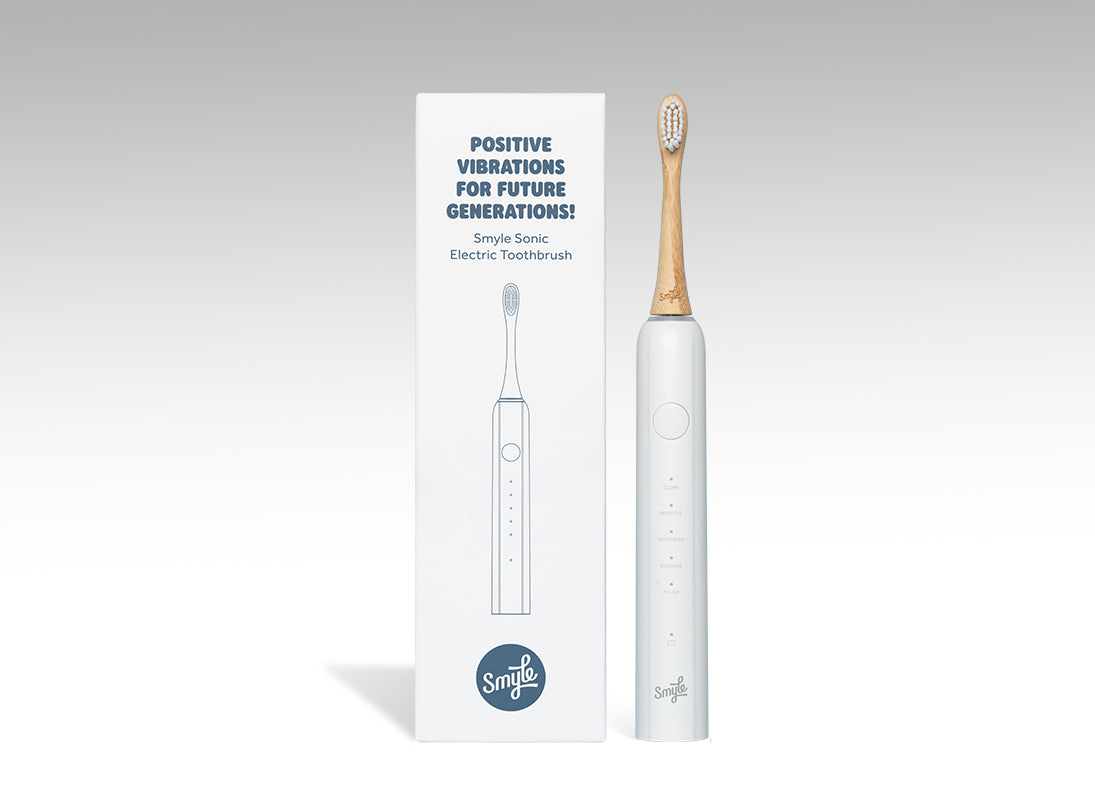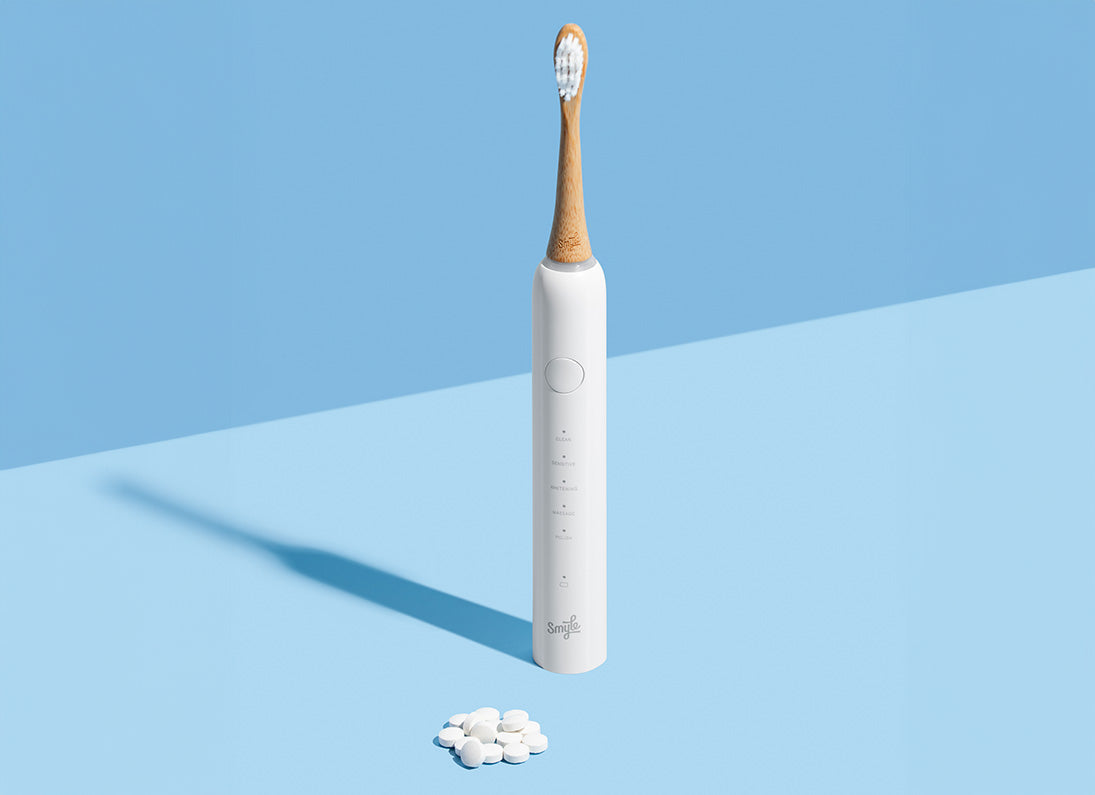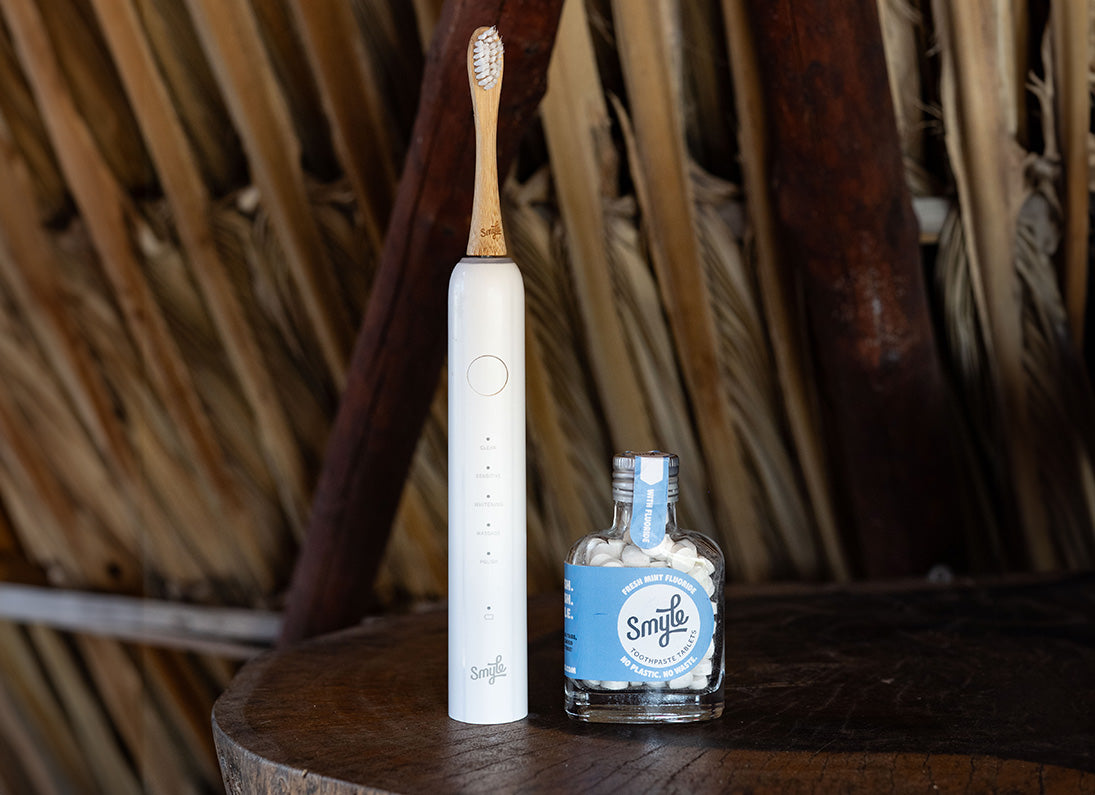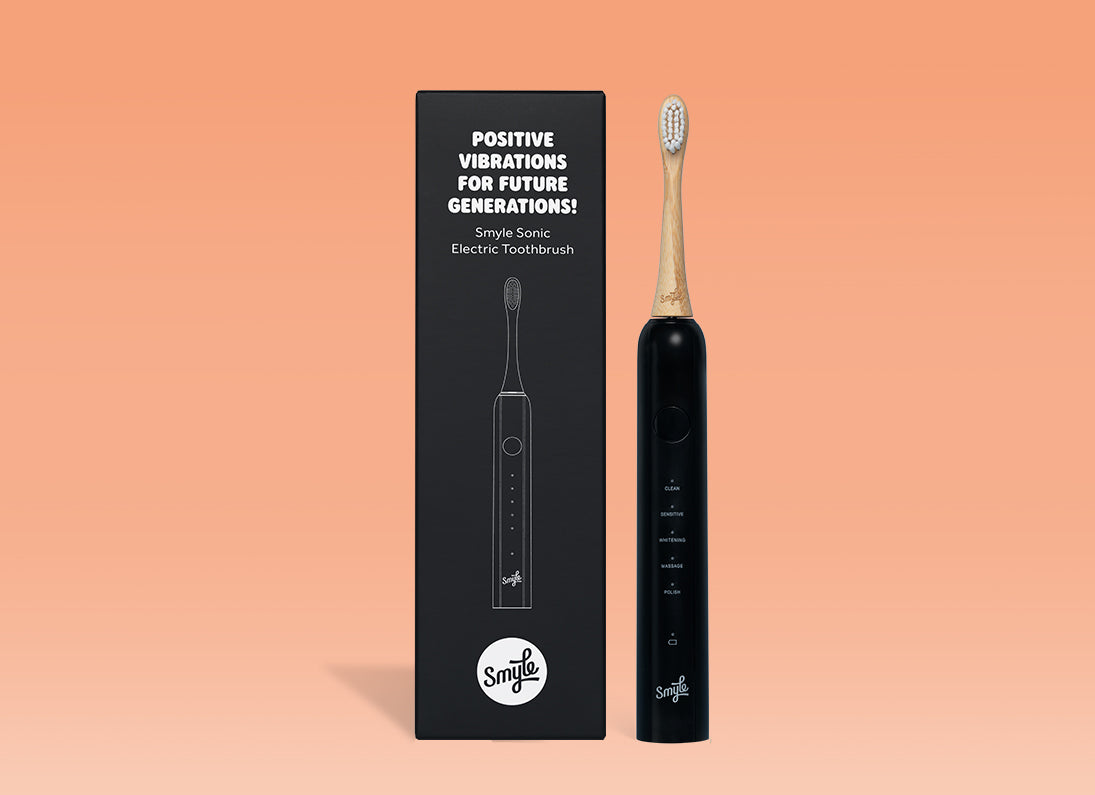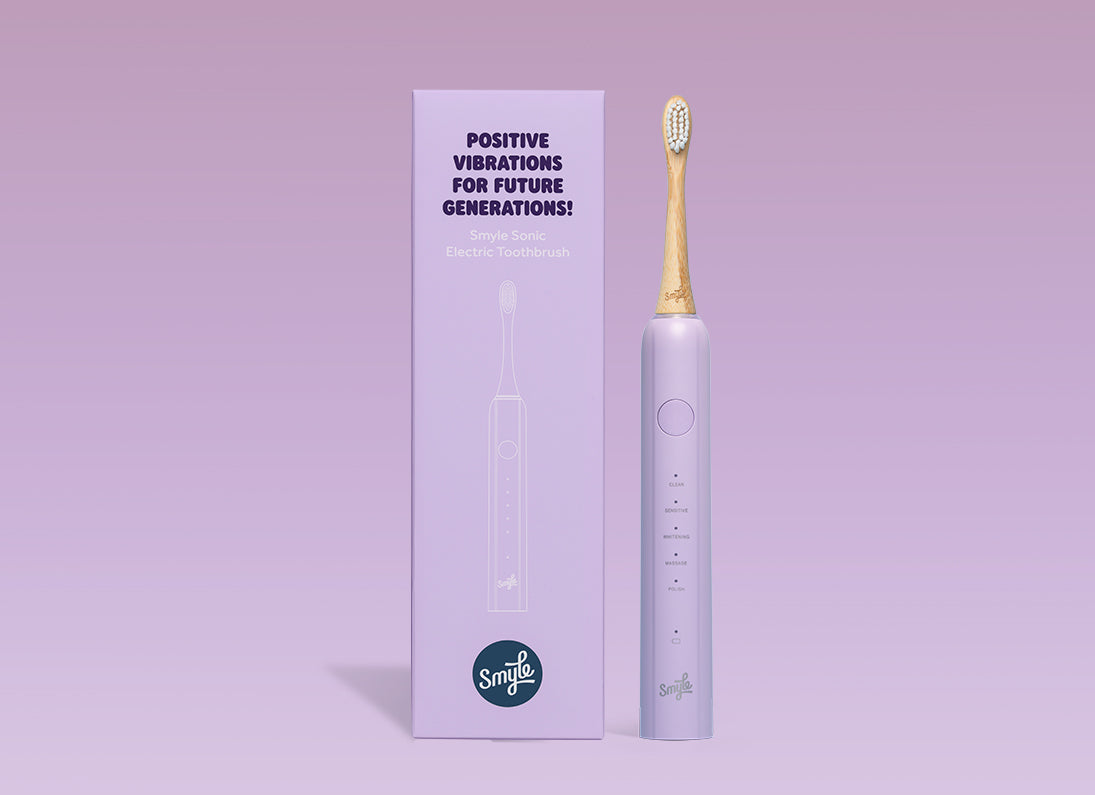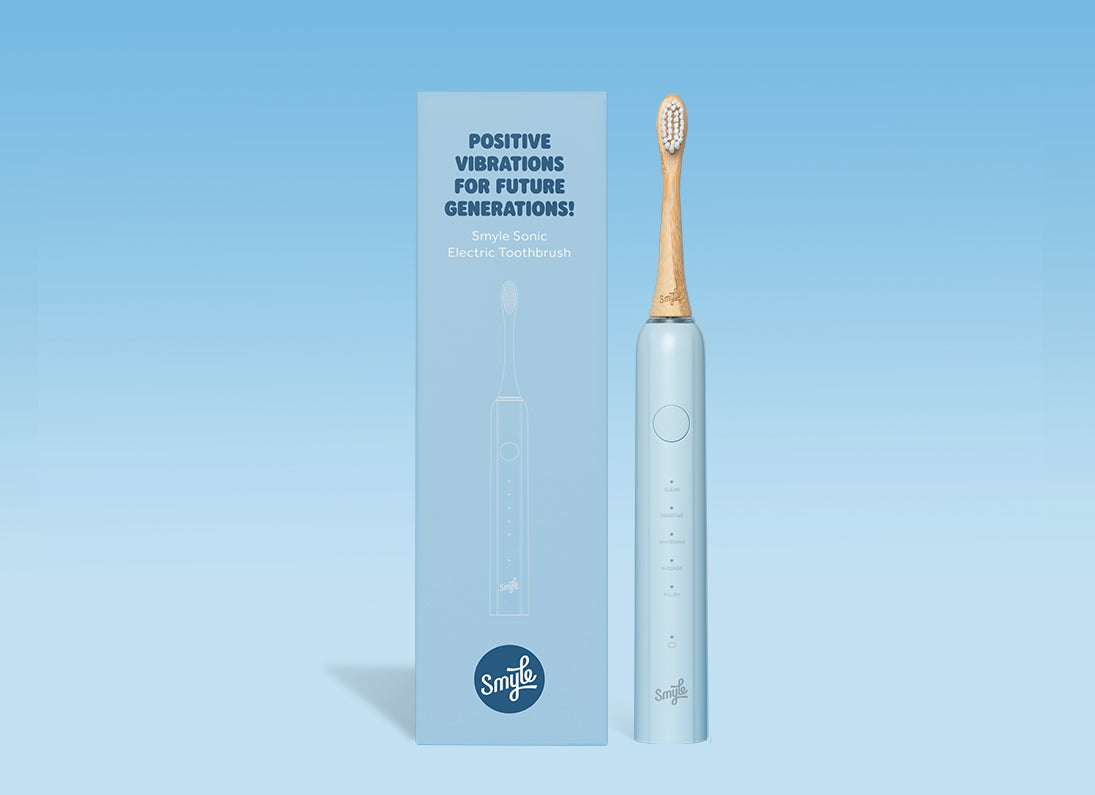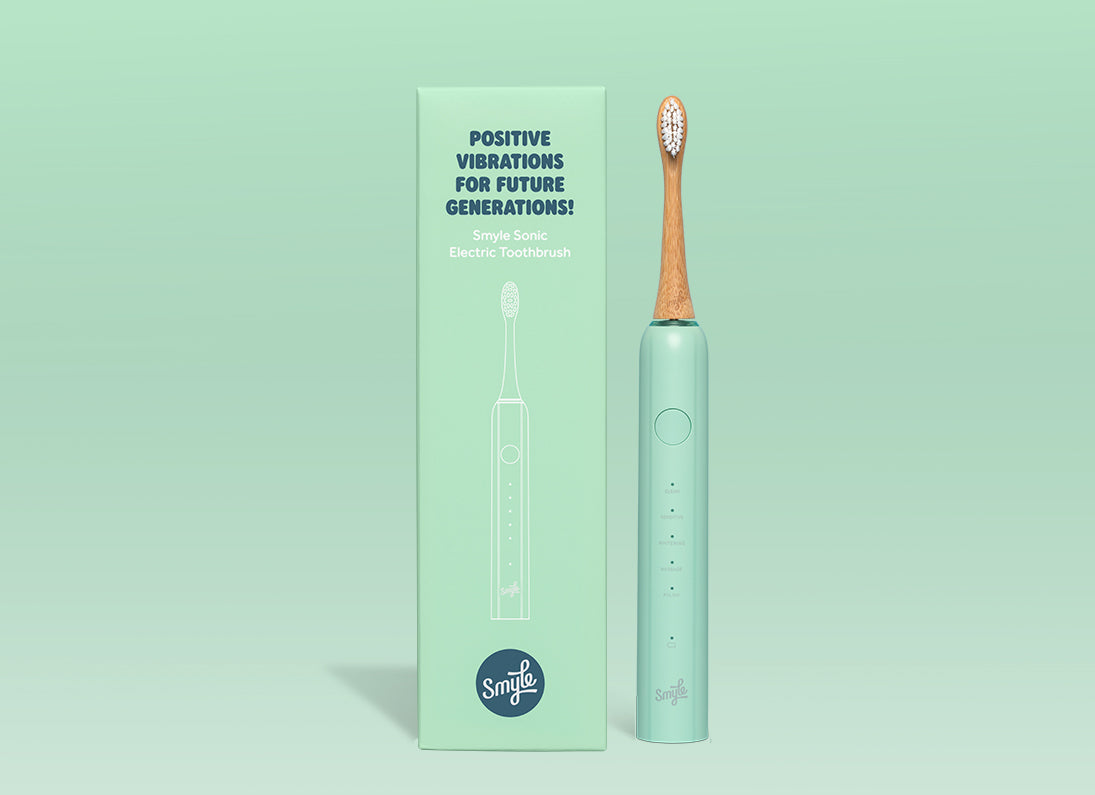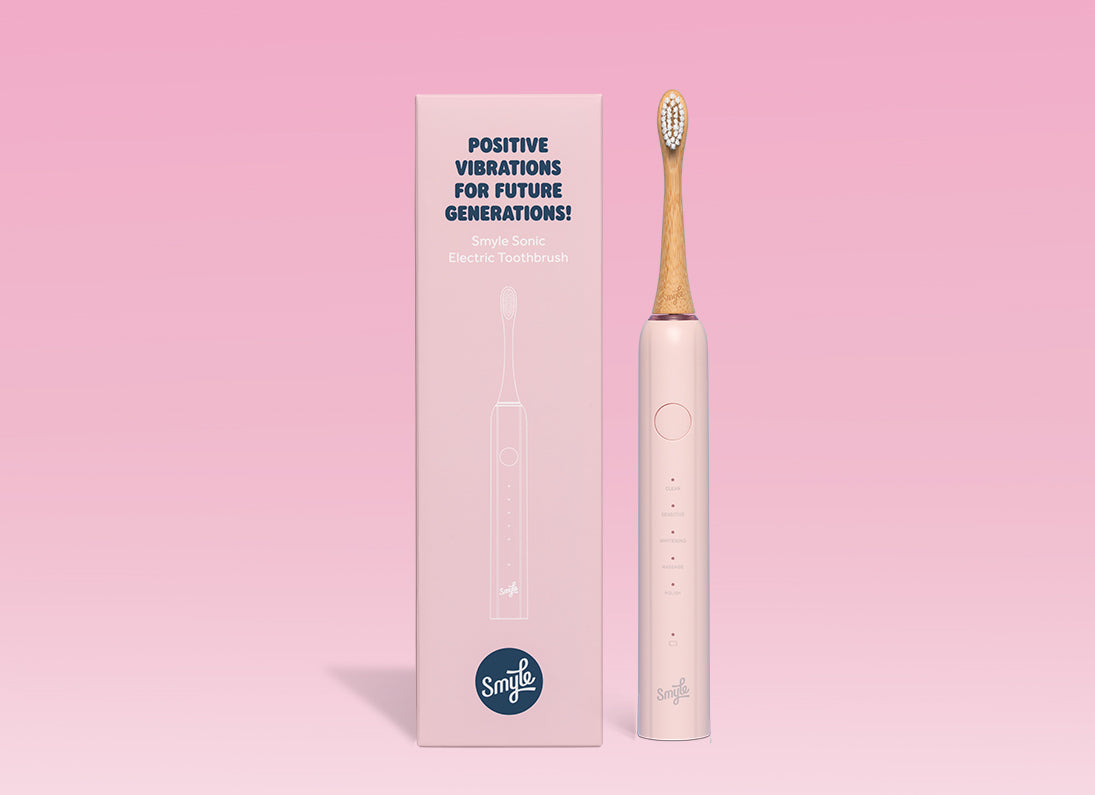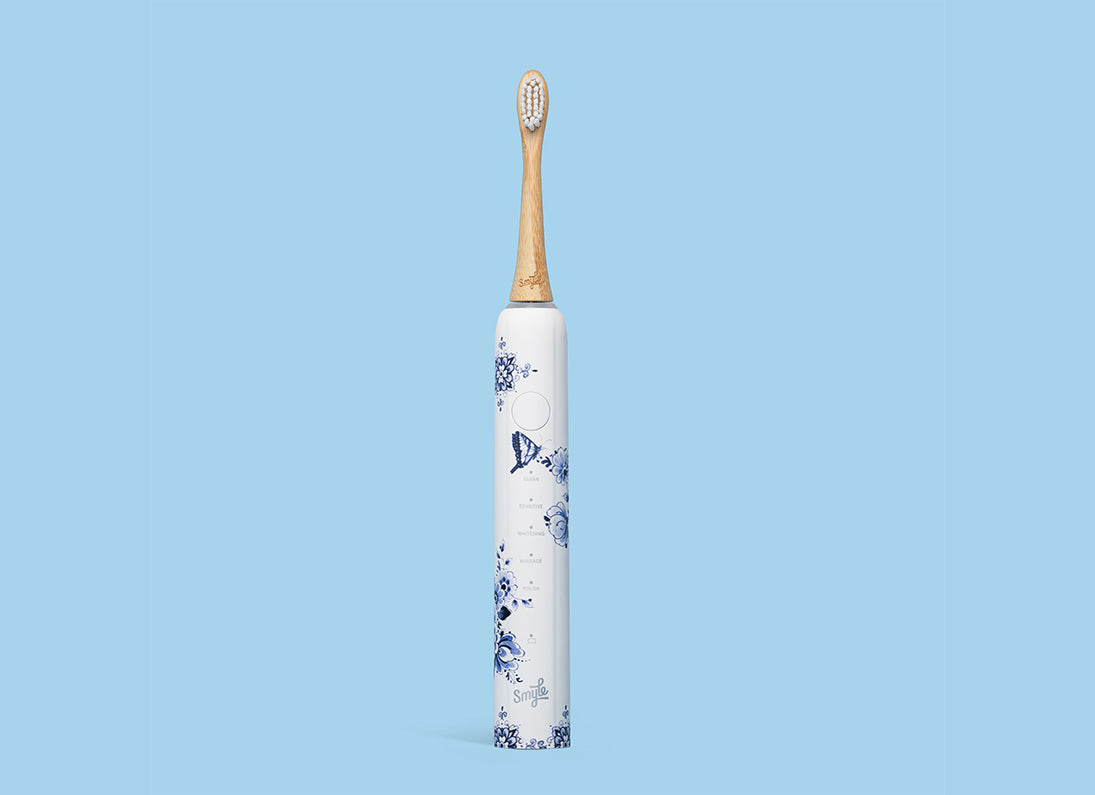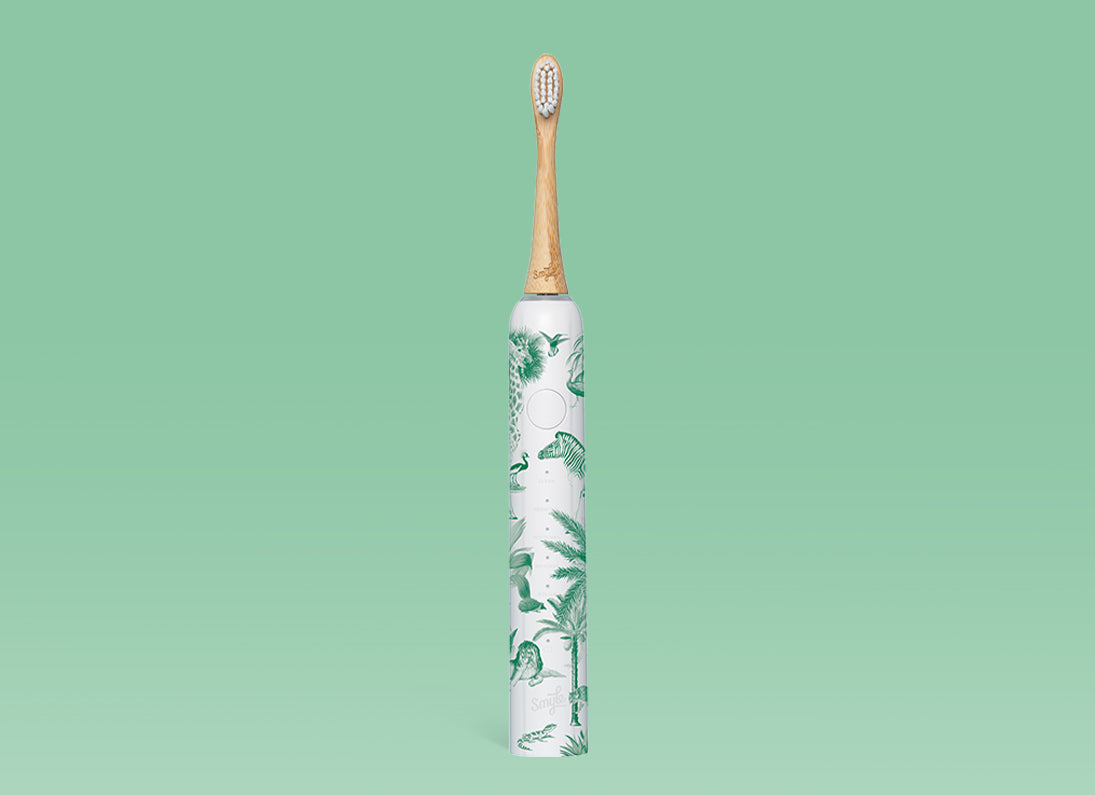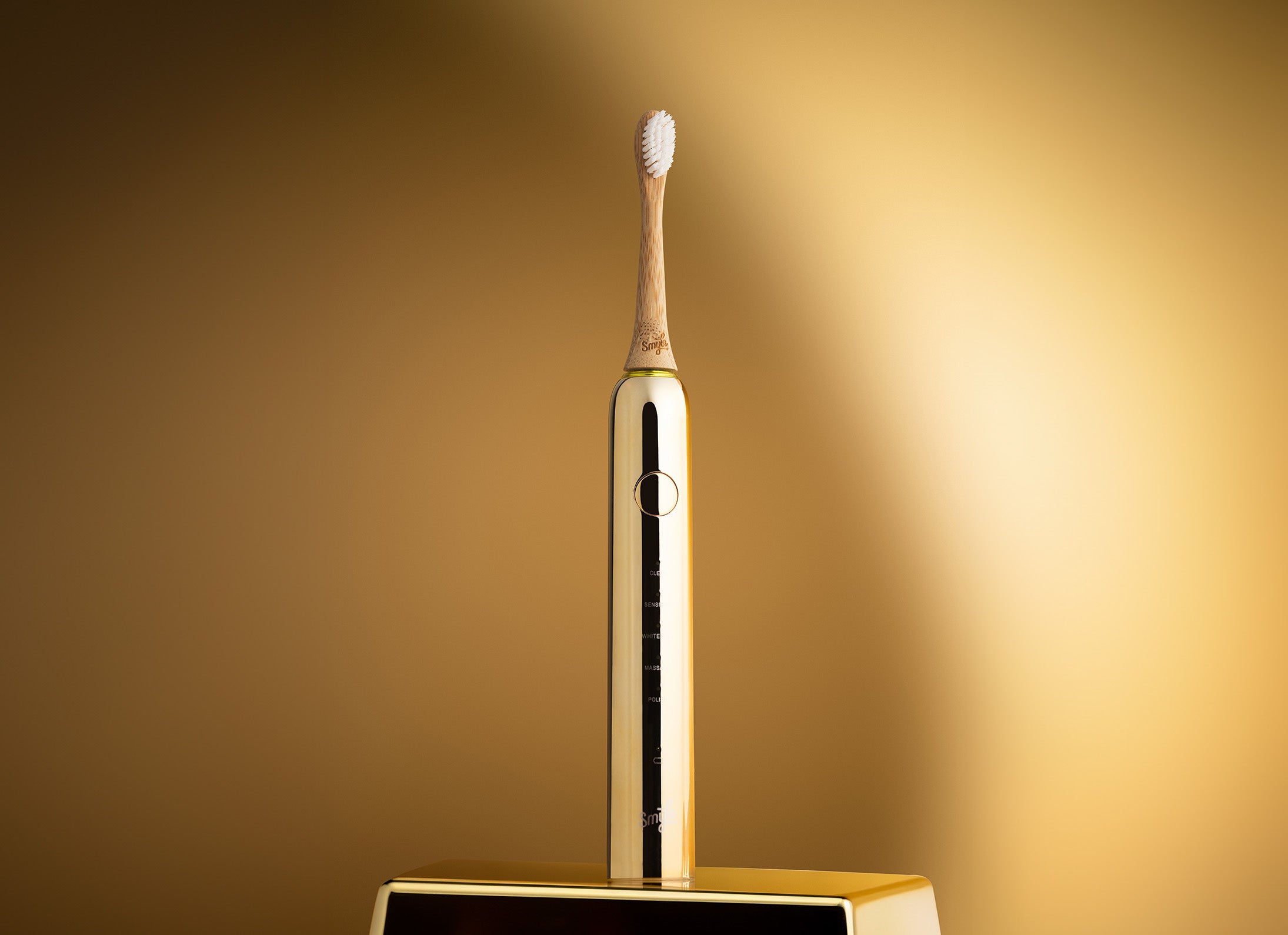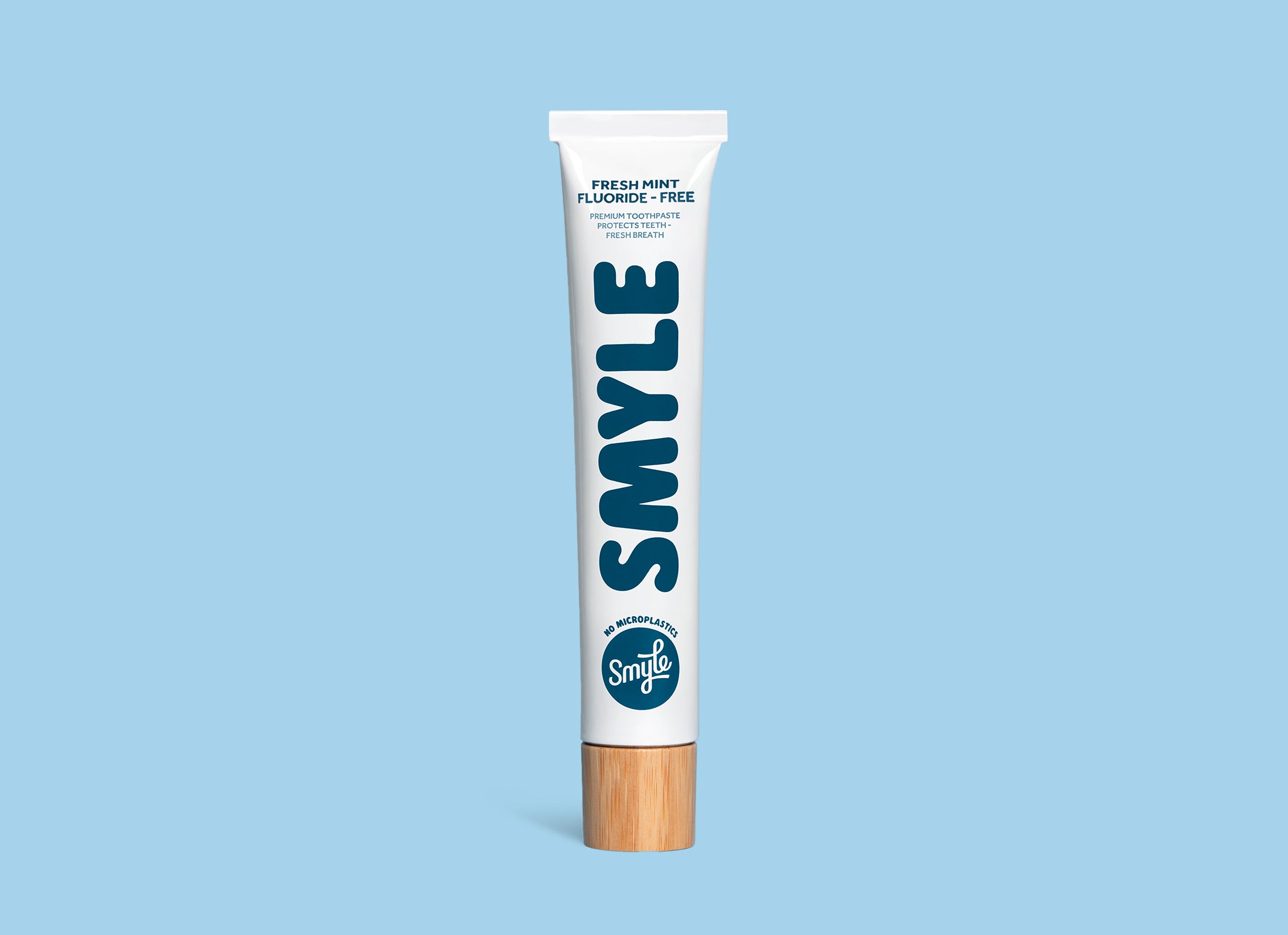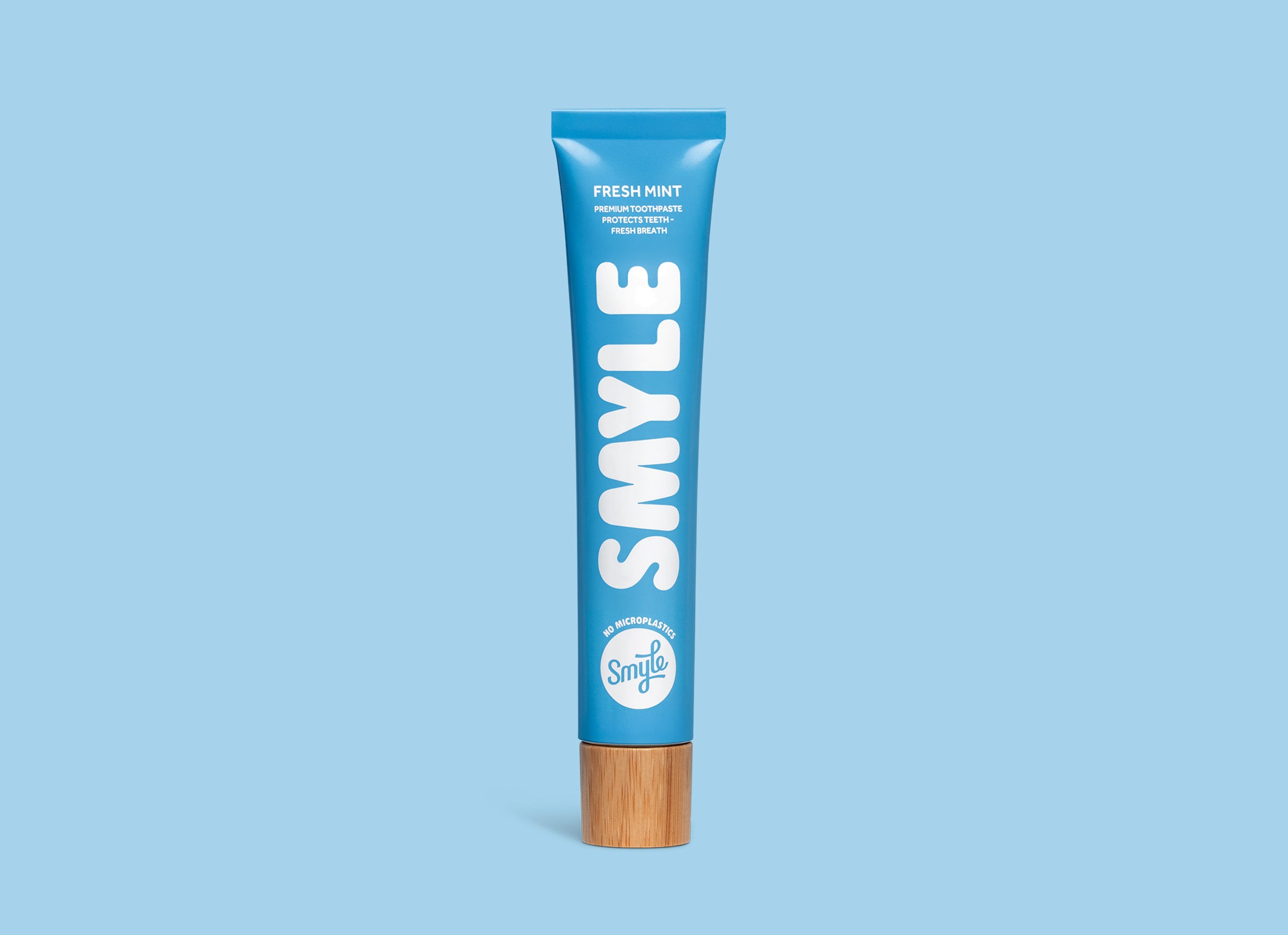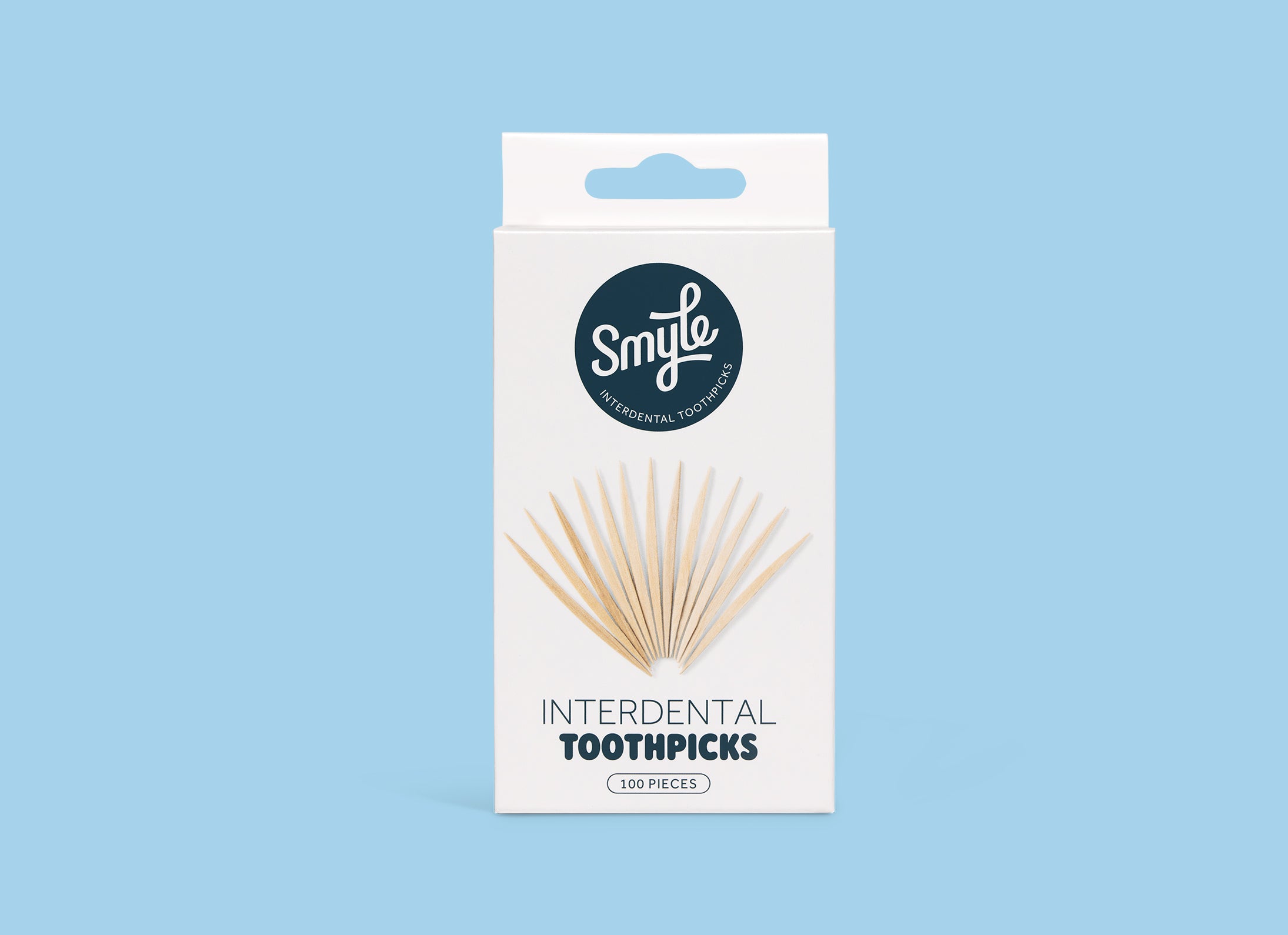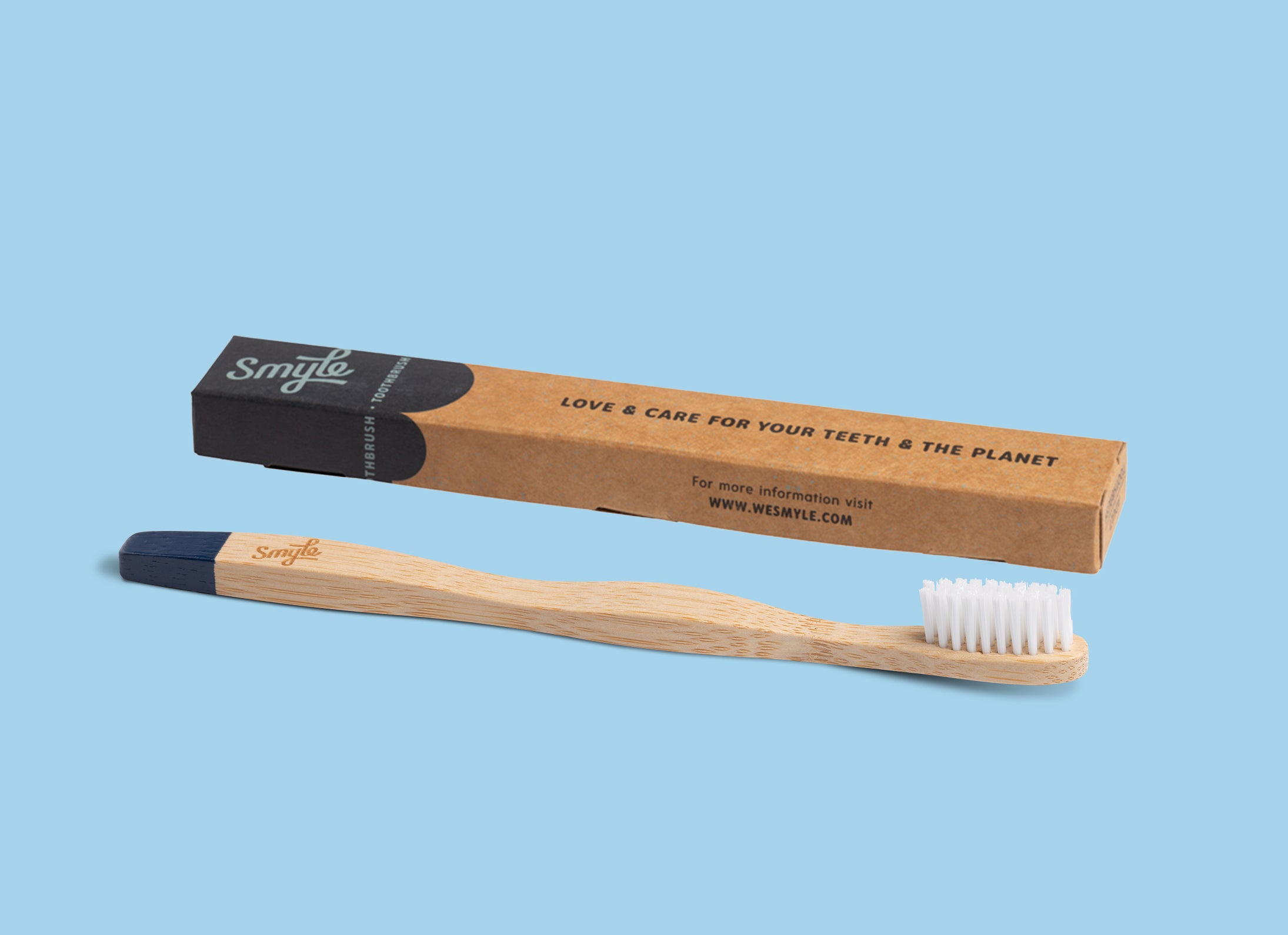
Experiencing sensitive and painful gums can be very disruptive and interfere with your daily activities. Pain or sensitivity may occur during everyday actions such as eating, drinking, or even the simple act of brushing your teeth. This sensitivity is more than just uncomfortable — it’s a signal from your body that something is wrong with your oral health.
What to Do If You Have Sensitive Gums?
It is crucial not to ignore these signs of sensitivity, as sensitive gums can be a precursor to more serious conditions, such as gingivitis and even tooth loss. While this symptom can occur at some point for everyone, there are certain risk factors that may increase your susceptibility to this condition. These include poor oral hygiene, a family history of dental problems, and certain lifestyle habits such as smoking and consuming sugary foods and drinks. Understanding these risk factors can help in early detection of symptoms and taking preventive measures to avoid sensitive gums.
Causes of Sensitive Gums
Sensitive gums can develop due to inflammation, causing your gums to feel painful and irritated. There may be changes in the color of your gums, from pink to red, and they may become swollen and bleed during brushing.
The most common cause of gum inflammation is poor oral hygiene, such as food particles left behind. If these are not adequately removed, they can lead to gum inflammation.
Additionally, an excess of sugars can damage your tooth enamel. Bacteria in your mouth convert these sugars into acids, which can then irritate your gums.
Furthermore, brushing too hard can also contribute to sensitive gums. Excessive pressure on the gums while brushing can cause damage and irritation. Using a soft toothbrush or brush head and following the brushing tips from your dental hygienist or dentist is crucial.
How to Deal with Inflamed Gums?
If your gums are inflamed, it is important to take action, as it can lead to more serious health issues, such as heart disease.
Inflammation can also progress to periodontitis. In this case, plaque accumulates between your teeth and gums, which can lead to the loss of the underlying jawbone. As a result, teeth and molars may loosen and even fall out. Therefore, it is important to prevent or treat this quickly.
If you are unsure about the condition of your gums or experience prolonged issues, it is advisable to consult a dentist or dental hygienist.
Prevention of Sensitive Gums
Good daily oral care is essential to prevent sensitive and irritated gums. Here are some tips:
-
Using floss, interdental brushes, or toothpicks in addition to brushing can help reduce inflamed gums.
-
Brush at least twice a day with toothpaste (or tablets).
-
Choose a (electric) toothbrush that suits your teeth. If you have sensitive teeth, opt for a toothbrush or brush heads with soft bristles, such as the Smyle Sonic Electric Toothbrush.
-
Using mouthwash or a tongue scraper can help maintain your gums.
- If your gums are irritated, it may be tempting to stop brushing. However, it is crucial to continue brushing, as this will prevent harmful bacteria and plaque from further damaging your teeth and already inflamed gums. Brush gently with a soft brush to alleviate the pain.



